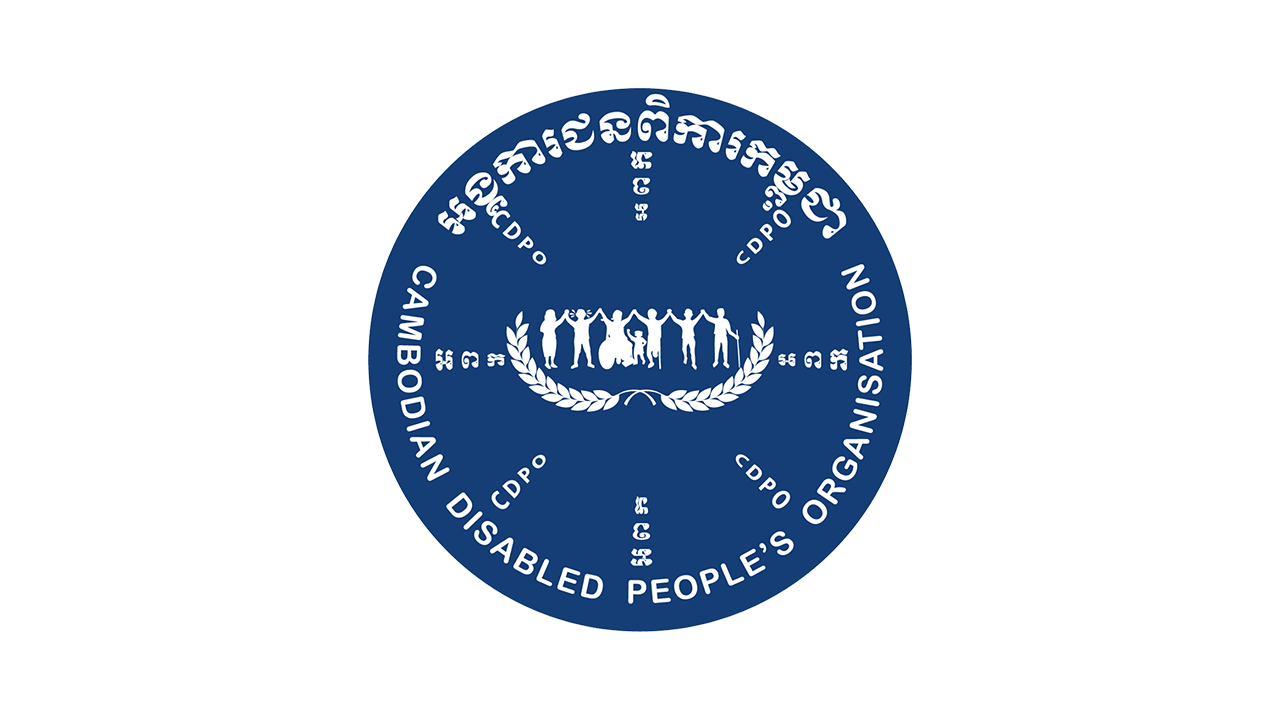On October 22, 2011 a regional election for the post of governor was held in Banten Province, including in the South Tangerang regency. This was the second election in the relatively new province since its establishment in 2000. The first was held in 2006.
The day also marked AGENDA’s third election monitoring activity, following similar projects in Yogyakarta and Mamuju. Thirty polling stations in four sub-districts in South Tangerang were selected and 41 respondents (disabled voters) were interviewed.
The monitoring revealed similar findings tothose in Mamuju: accessibility was still an issue. Some polling stations were located in buildings with flights of stairs and the voting booths were constructed without due consideration to wheelchair users. The topology of the area and road condition that does not allow easy passage further complicated the matter. Slopes and rough, narrow trails characterize the region, especially in the outskirts.
Visually impaired voters could not independently exercise their right to vote because the local election commission did not provide any assistive devices for them. The local commission argued that the laws only require that the device is provided in national elections, and not on regional level.
It was also discovered that many disabled voters were not aware that they could come directly to the polling stations and that they could choose their own assistants. One volunteer explained that she had managed to persuade one disabled voter to come to the polling station after she advised him of his rights.
In response to AGENDA’s concern for lack of accessibility, a member of the election committee stated that the common practice was to visit disabled voters at their homes to facilitate their voting. However, the committee would also provide assistance should the disabled voter choose to come to the polling station. This was observed in at least one polling station where a blind voter cast his vote. A committee member had walked him to the voting booth, supplied necessary instructions such as where to mark the ballot, how to fold the ballot paper, and helped him put the ballot into the box. However, despite the good intention of the committee, this practice could not have guarantee done of the sacred principles of election: confidentiality. There is always a chance of damage, intentional or otherwise, to the ballot paper, which might render it ineligible.
The result of the monitoring revealed that in genera lthe respondents shared the opinion that the election was well-organized. There were only minor problems with regards to disabled voters, but these did not have significant impact on the election and the disabled persons in general. However, despite the satisfactory outcome, the local government would do well to give more attention to their disabled residents’ needs in order that they may independently exercise their political rights.
Banten Province has a population of overten million, with approximately six million eligible voters. The exact number of disabled voters cannot be determined due to lack of data.











